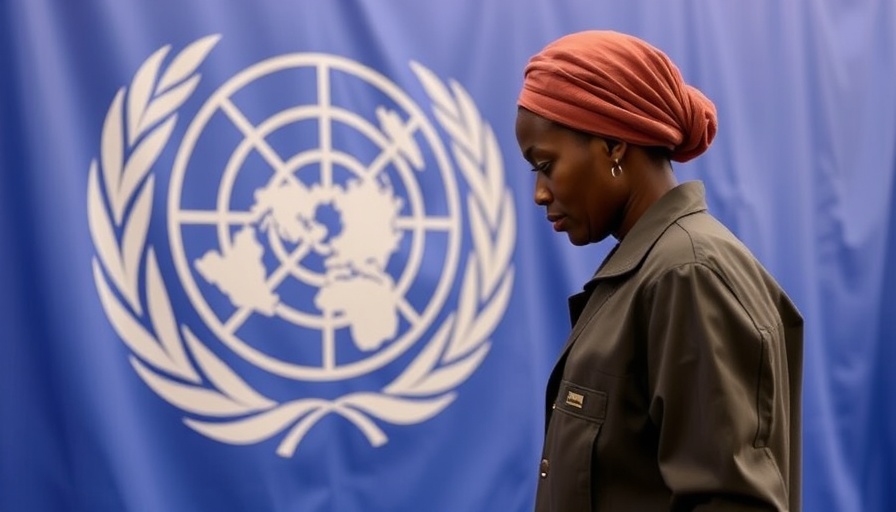
UNCTAD Sounds the Alarm on Tariffs Against Developing Nations
In a striking advisory, the United Nations Conference on Trade and Development (UNCTAD) has cautioned the United States against imposing tariffs on developing nations, emphasizing that such measures could hinder not just these economies but also global consumer welfare. The organization outlined the critical role that exports from developing countries play in alleviating poverty, especially in a world where economic equity is paramount.
The Dangers of Reciprocal Tariffs
According to UNCTAD’s recent report, Escalating tariffs: The impact on small and vulnerable economies, the imposition of reciprocal tariffs on developing countries could devastate their economies, which already suffer from limited resources and low purchasing power. For instance, 28 of the affected nations contribute less than 0.1% to the overall U.S. trade deficit, indicating that punitive tariffs will accomplish little in terms of solving America's fiscal issues, yet could spell disaster for these small nations reliant on export revenue.
A Critical Impact on Global Trade Dynamics
The agency argues that while tariffs may raise some additional revenue for the U.S., this will be overshadowed by global price increases, affecting consumers worldwide. By increasing retail costs, the tariff strategy risks inflating prices on essential goods, consequently dampening global demand for imports and hurting U.S. consumers who are already grappling with rising living expenses. Essentially, while tariffs may seem like a quick fix for trade deficits, they create long-term repercussions for interconnected economies.
Policy Implications and Future Considerations
As President Trump recently implemented a uniform 10% tariff across various countries, he has paused reciprocal tariffs on about 70 nations, an action that reflects some recognition of these economic realities. Nevertheless, the UNCTAD report emphasizes the necessity for policy reform, advocating for the exemption of the poorest economies from any tariff regime to foster their gradual economic development. Moving forward, it’s crucial for both policymakers and multinational corporations to reconsider their strategies regarding trade relationships with these fragile economies.
 Add Row
Add Row  Add
Add 


 Add Row
Add Row  Add
Add 

Write A Comment